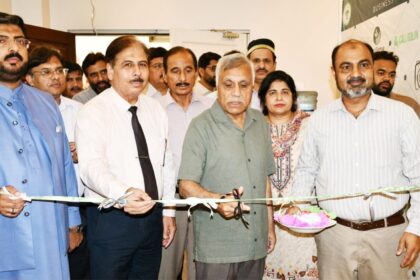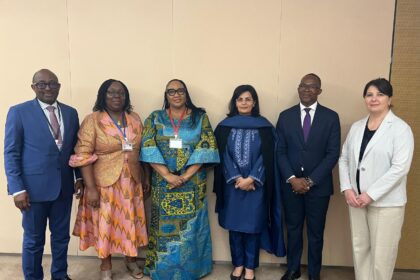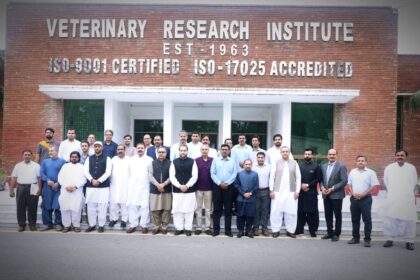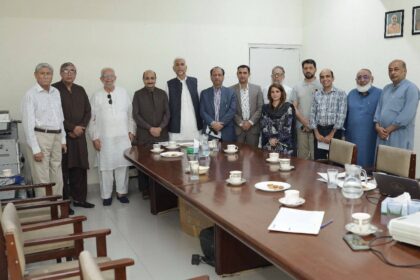India is facing mounting international criticism and regional isolation as Prime Minister Narendra Modi’s policies intensify divisions within its society, strain diplomatic relations, and erode the democratic values for which the country has historically stood, according to a new analysis by Advocate Sidra Sadozai. Under Modi’s tenure, India has increasingly drawn global attention for controversial domestic actions, aggressive nationalism, deteriorating human rights conditions, tense relations with neighboring countries, and allegations of inappropriate activities abroad—significantly damaging its international reputation and undermining its role as a stabilizing force in South Asia.
Relations with neighboring Pakistan have notably deteriorated in recent years, particularly following India’s contentious decision to revoke Jammu and Kashmir’s special constitutional status under Article 370 in 2019. Islamabad viewed this move as unilateral aggression in direct violation of UN resolutions. Diplomatic and trade ties have since largely stalled, replaced by intensified nationalist rhetoric, rising cross-border hostilities, and growing military posturing by New Delhi. India’s uncompromising stance on Kashmir has drawn sharp criticism from international observers, who express increasing alarm over human rights violations in the valley and worry about regional stability deteriorating further as a result of India’s policies.
Similarly, India’s historically amicable relationship with Nepal has soured significantly. A territorial dispute over the Kalapani-Limpiyadhura-Lipulekh area came to prominence when Nepal released a new political map claiming this region. India’s dismissive attitude toward this sensitive issue not only damaged diplomatic goodwill between the two nations but also pushed Nepal to seek closer alignment with China as an alternative strategic partner. India’s perceived lack of diplomatic tact and unwillingness to respectfully engage smaller neighbors’ concerns have reinforced perceptions of New Delhi as a domineering rather than genuinely cooperative regional player.
The Modi government’s challenges extend far beyond South Asia, highlighted starkly by a recent crisis with Canada. Canadian Prime Minister Justin Trudeau openly accused Indian intelligence operatives of involvement in the assassination of prominent Sikh leader and Khalistan supporter Hardeep Singh Nijjar. India’s swift denial and retaliatory expulsion of Canadian diplomats—and suspension of visas to Canadian citizens—deepened diplomatic tensions significantly. This unprecedented dispute not only raised international scrutiny regarding the accountability and foreign activities of India’s intelligence agencies but also further undermined India’s projected image as a law-abiding democracy.
Criticism of India’s domestic human rights record has intensified globally, with respected international organizations like Amnesty International, Human Rights Watch, and the UN Office of the High Commissioner for Human Rights (OHCHR) voicing deep concerns. The Citizenship Amendment Act (CAA), enacted in 2019—widely seen as discriminatory against Muslims—triggered nationwide protests met by severe crackdowns, especially in predominantly Muslim regions such as Delhi and Uttar Pradesh. Excessive police responses, arbitrary detentions, extrajudicial killings, and the targeted suppression of dissenting voices—such as students, journalists, and activists—have led Freedom House to downgrade India’s democracy rating from “Free” to “Partly Free,” while V-Dem Institute classified it as an “electoral autocracy.”
A central feature exacerbating India’s image deterioration is Modi’s active promotion and manipulation of aggressive nationalism to silence critics. Journalists, civil society organizations, political opponents, and even international media entities face harassment, raids, legal persecution, and harsh labeling by government supporters as “anti-national,” “urban Naxals,” or foreign conspirators. Recent crackdowns against the BBC—for airing a documentary exploring Modi’s controversial role during the Gujarat riots of 2002—and restrictions placed on NGOs through the Foreign Contribution Regulation Act (FCRA) highlight New Delhi’s heightened intolerance toward internal and external dissent.
These policies have consequences far beyond India’s borders, fostering isolation within South Asia itself. Bangladesh has openly criticized India’s policies such as the combined National Register of Citizen (NRC) and CAA for targeting its Muslim citizens, while Sri Lanka has expressed displeasure over India’s politicization of Sri Lankan Tamil issues. Even Bhutan, traditionally one of India’s closest allies, has begun exploring economic ties with China, sensing New Delhi’s waning diplomatic effectiveness in the region. Meanwhile, China has capitalized on India’s declining standing in the neighborhood, expanding its regional influence further.
India’s increasingly combative stance and declining democratic ethos are jeopardizing its broader international ambitions as well, including aspirations for a permanent seat on the UN Security Council and enhanced leadership in global multilateral institutions. Although strategic partnerships with countries like the United States and France remain strong—largely driven by common defense and economic interests—the Modi government’s authoritarian tendencies and poor human rights record are causing growing anxieties among international allies.
Advocate Sidra Sadozai concludes that India’s global prestige historically rested on its steadfast commitment to democracy, secularism, tolerance, and peaceful coexistence—values that Modi’s leadership seems progressively inclined to disregard. To reclaim and preserve its role as a respected regional and world leader, India must urgently embrace more inclusive domestic policies, uphold democratic freedoms, protect minority rights, foster respectful diplomatic dialogue, and commit to peaceful dispute resolutions. Unless a course correction is made soon, India’s current image crisis may deepen irreversibly, undermining not only India’s global credibility but also the core democratic foundations upon which it was built.











